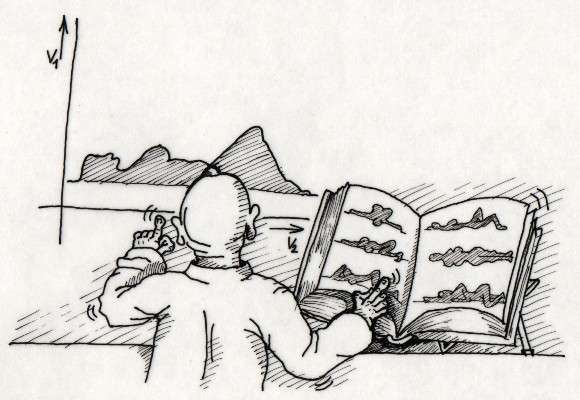Imperial/Dry Lab/Data Analysis
From 2007.igem.org
(→Data Analysis) |
|||
| Line 17: | Line 17: | ||
|- align="center" | |- align="center" | ||
|| | || | ||
| - | {{Click || image = Gm curvefitting.jpg| link = Imperial/Cell-Free/Characterisation | width = 300px | height = 180px }} <br /> [[Imperial/Cell-Free/Characterisation | | + | {{Click || image = Gm curvefitting.jpg| link = Imperial/Cell-Free/Characterisation | width = 300px | height = 180px }} <br /> [[Imperial/Cell-Free/Characterisation | Data Analysis]] |
|} | |} | ||
<br clear="all"> | <br clear="all"> | ||
Revision as of 02:13, 27 October 2007

Data Analysis
Data analysis involves manipulating experimental data with the objective of extracting useful information. This then allows us to test our original hypotheses surrounding the problem, and in doing so, test the stringency/validity of our representative model.
If the model proves to be valid, data analysis likewise provides a means of parameter extraction essential in rendering our theoretical model more realistic (as it gleans parameters from actual expimental data).
Our approach to data analysis utilizes curve/shape-fitting by non-linear regression (employing the least-squares method).
The data analysis involved in our two projects, Infector Detector and Cell-by-Date, is performed with respect to the Cell-free Chassis. For this reason, the entire data analysis is presented in the characterisation page of this foundational chassis. Follow the image link below to the data analysis for our project.
|
Data Analysis |
